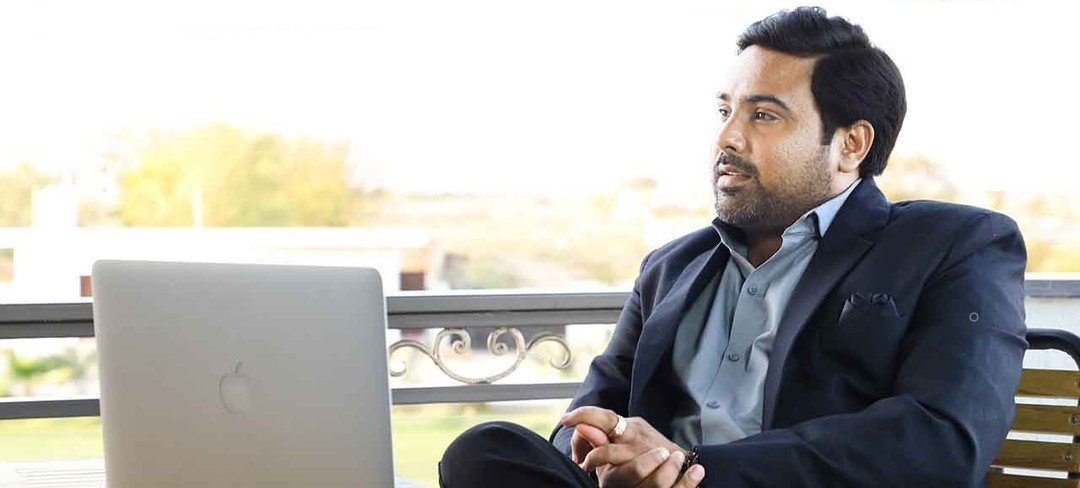CURRENCY
BUSINESS OPPORTUNITIES IN MAURITANIA
MAURITANIA
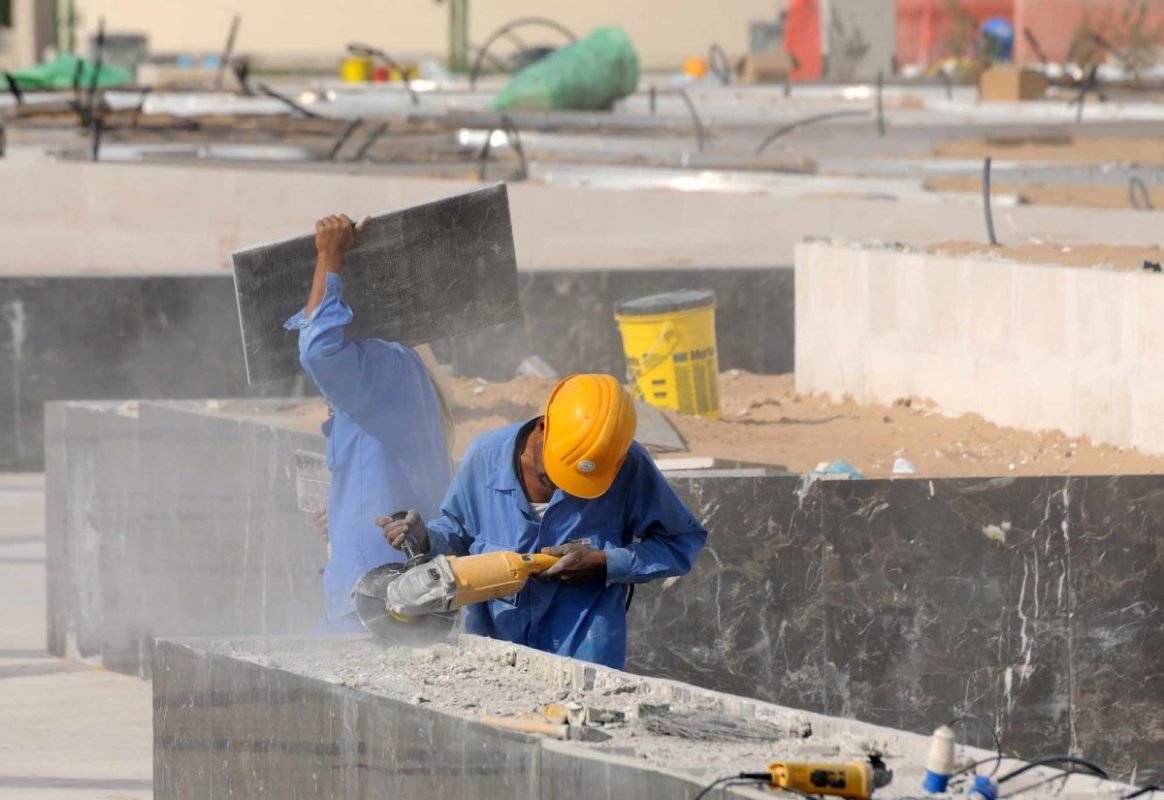
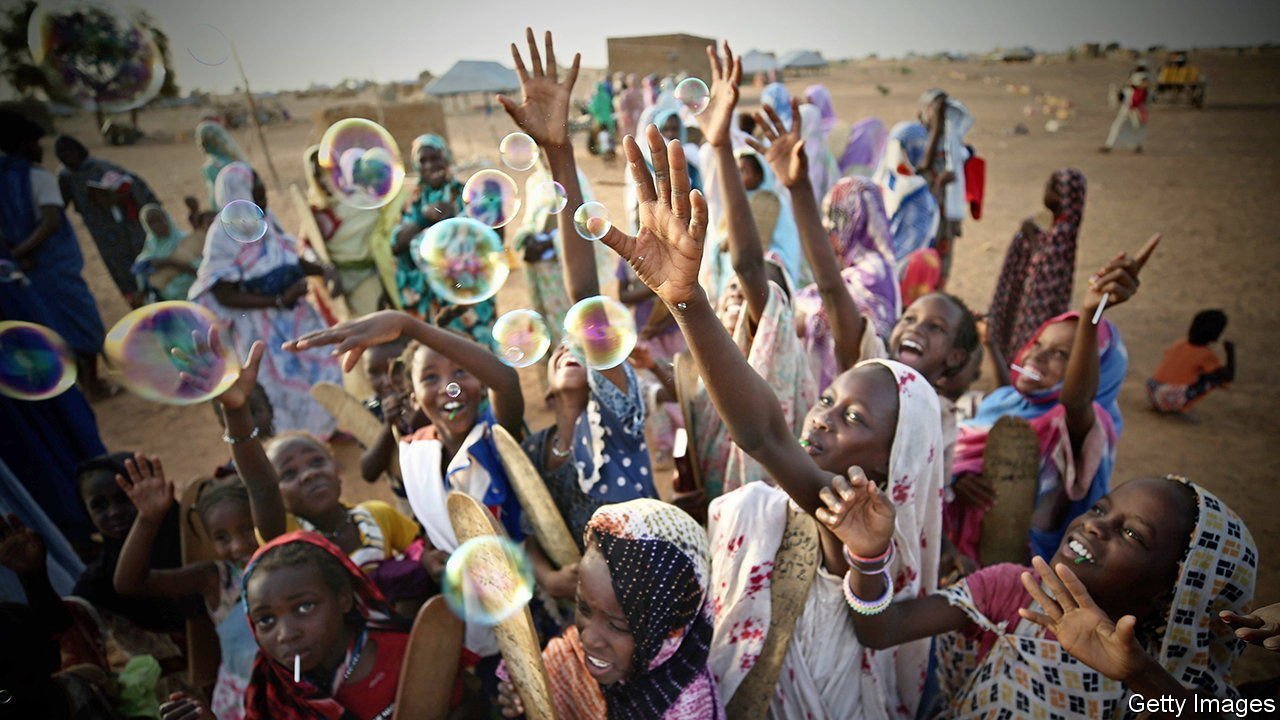
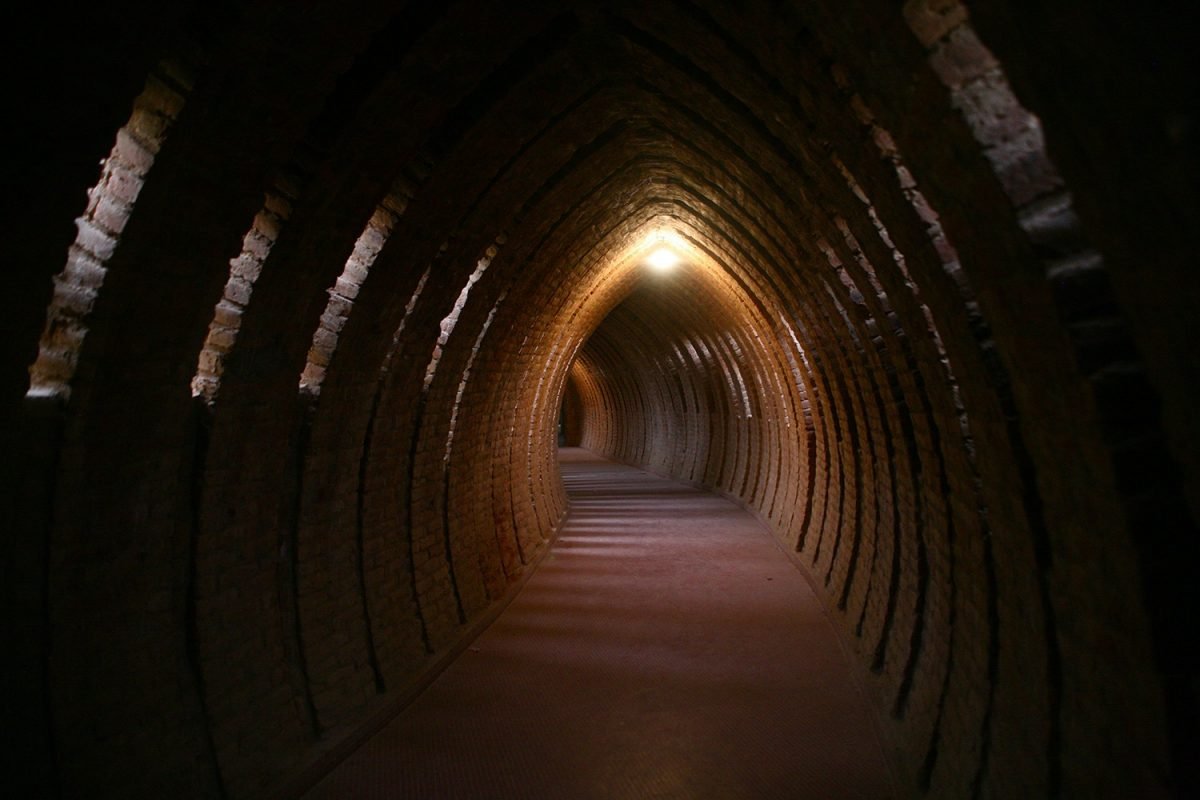
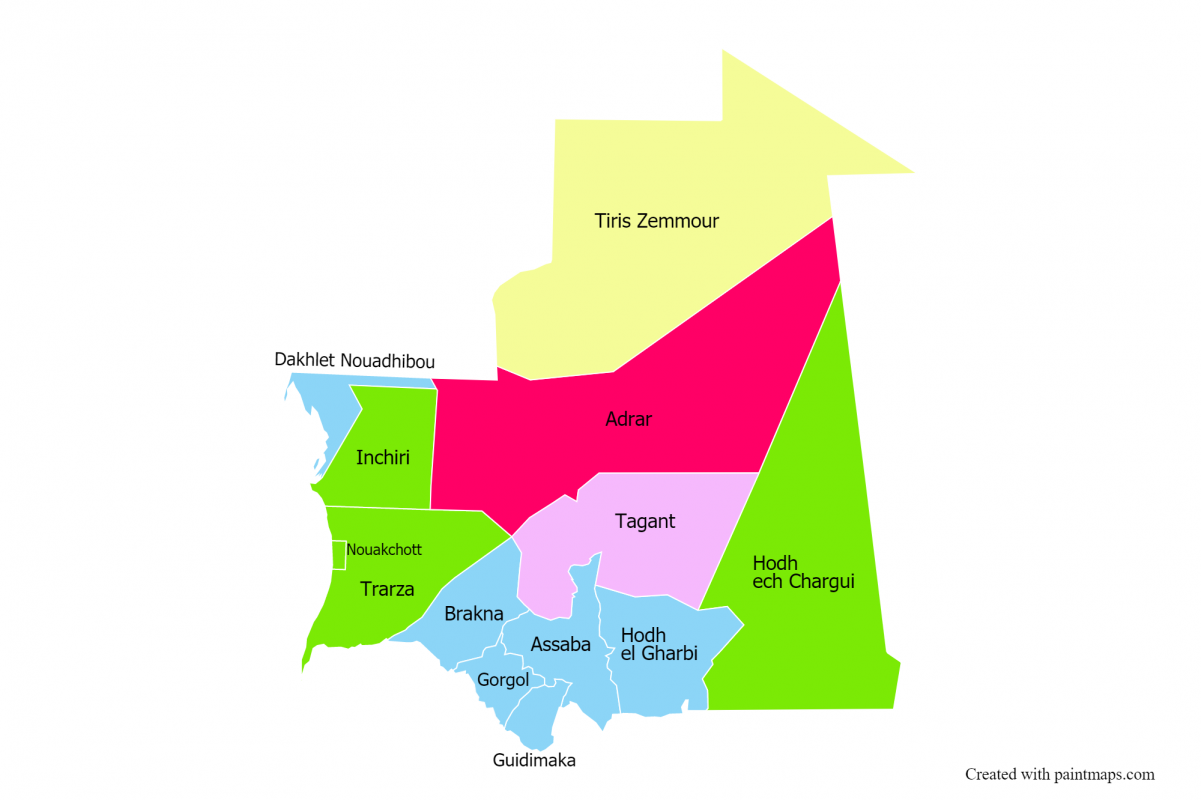
FLAG
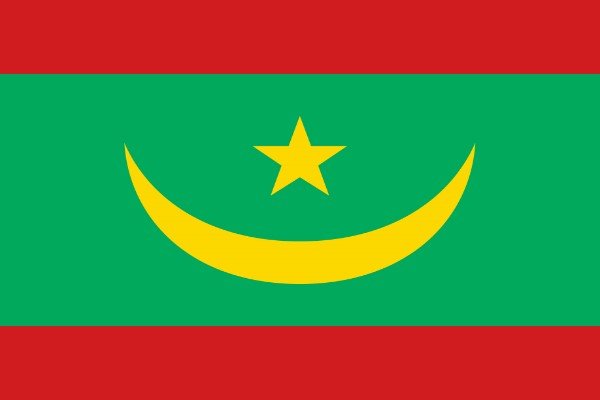
MAURITANIA
CAPITAL CITY
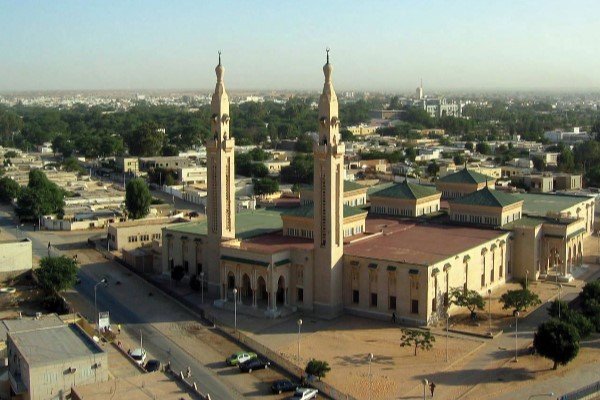
NOUAKCHOTT

MAURITANIAN OUGUIYA
Language

Population

47.78 CRORES
Country
Calling Code
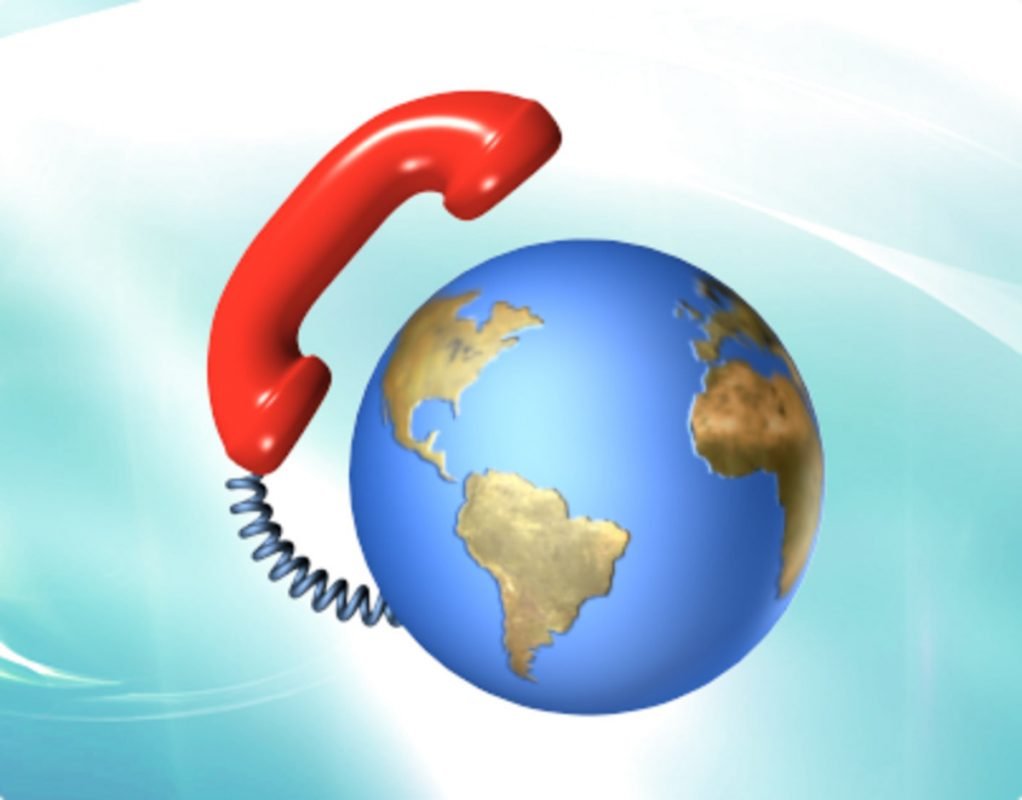
+222
LOCATION:
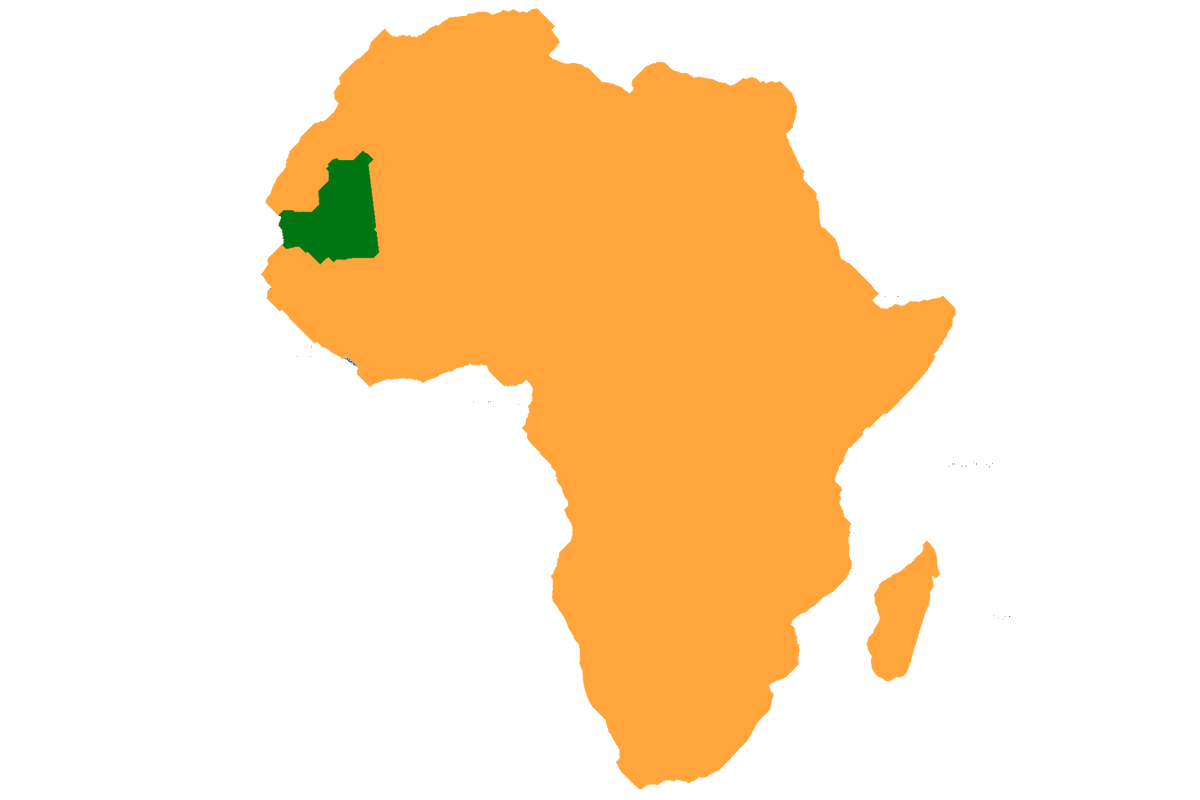
Africa
BORDER COUNTRIES:
THE ATLANTIC OCEAN
MALI
ALGERIA
SENEGAL
ABOUT MAURITANIA
Mauritania, strategically located on the Atlantic coast of West Africa, acts as a bridge between North Africa and sub-Saharan Africa. It shares borders with Western Sahara, Algeria, Mali, and Senegal. Its capital, Nouakchott, is the largest city and the economic and administrative center. Known for its vast mineral wealth, abundant fish stocks, and emerging gas discoveries, Mauritania presents a compelling frontier market with significant growth potential. Classified as a Low-Income country by the World Bank, Mauritania is actively implementing reforms to attract foreign direct investment and diversify its economy.
Mauritania at a Glance: Key Facts for Investors
Mauritania’s economy is heavily dependent on its mining (iron ore, gold, copper) and fisheries sectors. The discovery of significant offshore gas reserves is poised to transform its economic landscape. The government is focused on improving infrastructure, streamlining business processes, and promoting investment in key sectors.
The currency of Mauritania is the Mauritanian Ouguiya (MRU). As of 2024, Mauritania’s population is estimated at approximately 5.2 million people. Arabic is the official language, with French widely used in business and government, making communication accessible for international investors. Hassaniya Arabic is the most commonly spoken vernacular. The majority of the population practices Islam.
Mauritania has several important airports, including Nouakchott–Oumtounsy International Airport (the main hub) and Nouadhibou International Airport, facilitating air travel and cargo. Its long Atlantic coastline is home to crucial commercial seaports: the Autonomous Port of Nouakchott (Port de l’Amitié) and the Autonomous Port of Nouadhibou, which includes a mineral ore port and a fishing port. These ports are vital for the country’s extensive import and export activities, offering substantial opportunities in maritime logistics, trade, and transshipment.
The corporate income tax rate in Mauritania is generally 25% of the net taxable profit. The Value Added Tax (VAT) rate is 16%. The legal framework for foreign direct investment is primarily guided by the new Investment Code (Law 2025-06), which aims to promote productive direct investment by leveraging natural resources, local content, and economic sustainability. Foreign investors are generally permitted 100% ownership of businesses, and the government actively seeks to reduce red tape. Opesh Group provides complete support for Due Diligence, company registration, licensing, and business development in Mauritania, including assistance with property rentals.
Under Mauritanian law, foreign investors can establish various company types, including Limited Liability Companies (SARL), Joint Stock Companies (SA), and branches or representative offices of foreign companies. The new Investment Code (Law 2025-06) introduces three incentive schemes:
- Basic Incentive Scheme (BIS): For investments between 2 and 200 million MRU, offering reduced customs duties (3-5%), VAT exemptions or reduced rates, VAT refund on exports, and tax credits for training Mauritanian employees.
- Development Poles Scheme (DPS): Reserved for designated geographic zones, offering customs and tax exemptions on equipment, reduced corporate tax (15%), refundable VAT, and training tax credits.
- Strategic Investment Scheme (SIS): Targeting major projects (over 200 million MRU) in key sectors like agro-industry, infrastructure, logistics, and digital, providing reduced customs duties, reduced VAT rates, extended refunds, and accelerated depreciation.
Promising Business Sectors in Mauritania:
- Mining: Mauritania is a major producer of iron ore, and also has significant reserves of gold, copper, gypsum, phosphates, and uranium. The mining sector is a cornerstone of the economy. Opportunities exist in exploration, extraction, processing, and value addition of these minerals.
- Fisheries: With one of the world’s richest fishing grounds, Mauritania’s fisheries sector offers immense potential. Investment opportunities include commercial fishing, fish processing (canning, freezing), aquaculture, and seafood export.
- Hydrocarbons (Oil & Gas): Recent offshore gas discoveries (e.g., Greater Tortue Ahmeyim – GTA project) are set to transform the economy. Opportunities exist in gas exploration, production, processing, liquefaction (LNG), and associated infrastructure.
- Renewable Energy: Mauritania has vast potential for solar and wind energy, given its desert climate and coastal winds. There is a strong demand for clean energy to power industries and expand electricity access, creating opportunities for independent power producers and green hydrogen projects.
- Agriculture & Livestock: Despite its arid climate, there’s potential in irrigated agriculture along the Senegal River, cultivation of dates, and livestock farming (cattle, camels, sheep). Opportunities exist in modern farming techniques, food processing (e.g., dairy, meat), and animal feed production.
- Infrastructure & Construction: Significant investment is needed in modernizing existing infrastructure and building new roads, ports, airports, power grids, housing, and urban development to support economic growth.
- Transport & Logistics: Given its strategic coastal location and its role as a transit point, opportunities exist in port services, logistics, warehousing, and transportation links within the country and to landlocked neighbors.
- Tourism: While still nascent, Mauritania offers unique attractions like desert landscapes, ancient cities (UNESCO World Heritage sites like Chinguetti), and pristine coastline. Long-term potential exists for developing eco-tourism, cultural tourism, and adventure tourism.
- Information & Communication Technologies (ICT): Improving internet penetration and digital services offers opportunities in mobile services, broadband infrastructure, e-governance, and tech solutions.
Advantages of Starting a Business in Mauritania:
- Abundant Natural Resources: Significant reserves of iron ore, gold, copper, and vast fishery resources.
- Emerging Gas Hub: New offshore gas discoveries are attracting massive investment and set to drive economic growth.
- Strategic Coastal Location: Direct access to the Atlantic Ocean and major shipping routes.
- Government Commitment to FDI: New Investment Code and establishment of the Agency for the Promotion of Investment in Mauritania (APIM) to actively attract and facilitate foreign investment.
- Attractive Incentives: Comprehensive incentive schemes offering reduced taxes, customs duties, and training credits.
- Untapped Potential: Many sectors beyond mining and fisheries are underdeveloped, offering significant first-mover advantages.
- Free Zone: The Nouadhibou Free Zone offers special incentives for export-oriented and processing industries.
- Freedom of Capital Transfer: Guarantees for the transfer of capital and income.
Business Opportunities for Indian Investors in Mauritania:
Indian entrepreneurs and companies can find promising avenues in Mauritania, leveraging India’s expertise in mining, infrastructure, and energy. Potential areas for Indian investors include:
- Mining: Investment in iron ore, gold, copper, and other mineral exploration and extraction projects.
- Hydrocarbons: Opportunities in oil and gas services, equipment supply, and potential partnerships in new gas projects.
- Fisheries: Investment in commercial fishing, fish processing plants, and seafood export facilities.
- Infrastructure Development: Participation in port expansion, road construction, and energy projects.
- Renewable Energy: Development of large-scale solar and wind power projects, and solutions for rural electrification.
- Agriculture: Modernization of agricultural practices, agro-processing, and irrigation projects.
- Manufacturing: Setting up units for building materials, basic consumer goods, and processed foods.
- IT & Education: Offering digital solutions, vocational training, and educational services.
Imports & Exports: Bolstering Bilateral Trade
Strategic market research is crucial for successful import and export ventures in Mauritania, identifying products with high demand and strong revenue potential.
Major items exported from Mauritania:
- Iron Ore (44% of total exports)
- Fish, crustaceans, molluscs (significant share)
- Gold
- Copper
- Oil (small quantities)
Major items imported into Mauritania:
- Fuel & Petroleum Products (27% of total imports)
- Machinery (25% of total imports)
- Foodstuffs (rice, wheat, sugar)
- Construction Materials
- Vehicles
- Pharmaceuticals
Manufacturing: Scope for Growth
Mauritania’s manufacturing sector is nascent but presents opportunities for local production to reduce import reliance and add value to raw materials:
- Fish processing (freezing, canning)
- Iron ore beneficiation
- Food and beverage processing (dairy, pasta, couscous)
- Building materials (cement, bricks)
- Basic consumer goods
Mining: The Dominant Sector
Mining, especially iron ore, is Mauritania’s most significant economic sector. Investors can explore opportunities in:
- Iron ore mining and processing (SNIM is the national company)
- Gold mining (several international players)
- Copper mining
- Exploration of new deposits of lithium, phosphates, and other minerals
The government, through the Ministry of Mines, issues licenses and provides support. Opesh Group can guide you through the complete registration, licensing, and operational setup for your mining business in Mauritania.
Mauritania’s Economic Snapshot (Approx. 2024):
- GDP (Nominal): ~$11 billion (estimate)
- GDP Growth: ~4.4% (2024 estimate)
- Ease of Doing Business Rank: While the World Bank’s “Doing Business” report is discontinued, Mauritania’s latest Global Innovation Index 2024 ranking is 126th out of 133, indicating areas for continued improvement in the business environment.
- GDP Per Capita: ~$2,175 (nominal, 2024 estimate); ~$9,531 (PPP, 2024 estimate)
Mauritania, with its vast natural resources, strategic coastal location, and a government committed to economic diversification and attracting foreign investment, offers a dynamic and promising investment landscape. For investors seeking significant returns in a frontier market, particularly in the extractive industries and emerging energy sector, Mauritania presents an exceptional proposition.
Ready to explore the opportunities in Mauritania?
Contact Opesh Group today to learn more about how we can support your strategic entry and successful growth in this promising market.
📞 Call/WhatsApp: +91-8094607111
MOST RECENT VIDEOS
SIGN UP TODAY
Get our exclusive content and offers in your inbox

